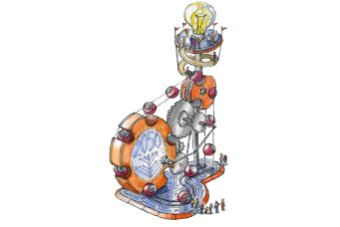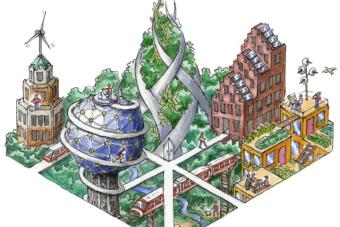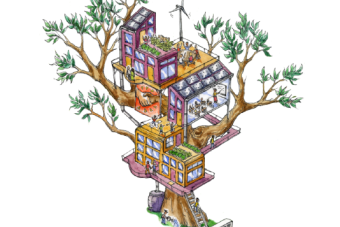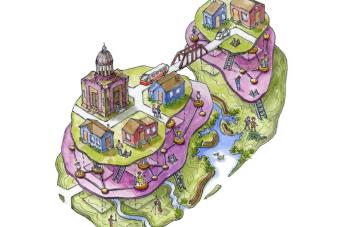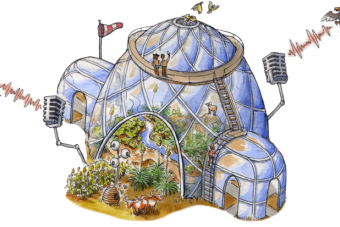
Planet Texas 2050 Research
Planet Texas 2050 researchers are committed to developing programs, tools, and policy recommendations that will improve Texas’ adaptability and build its resilience. To do that, we have created a set of innovative and interdisciplinary projects that leverage the talents and expertise of our research network to tackle critical issues when it comes to helping Texas respond to rapid growth and climate change.
Current Projects
AI-enabled Model Integration for Complex Decision Making
Powering knowledge-driven resilience action with intelligent, integrated models and user-oriented tools.
Equitable and Regenerative Cities in a Post-Carbon Future
Reimagining more equitable and resource-efficient metropolitan areas while safeguarding the food, fiber, fuel, and water that people and the planet depend on.
Frontline Community Partnerships for Climate Action
Partnering with frontline communities to research and identify youth experiences with, and responses to, environmental shocks and stressors.
Networks for Hazard Preparedness and Response
Preparing for floods and heat waves by designing new maps and tools that can be used by first responders, neighborhood associations, city governments, and planners.
Resilient Species and Ecosystems
Pioneering new methods to explain and predict changes in ecosystems by monitoring wildlife, weather, soil, disease-carrying pathogens, and more to better understand the effects of climate change and human activity on nature and human health.
Stories of Ancient Resilience
Reexamining the past to inspire a new vision of human resilience and effective response to the climate crisis.



